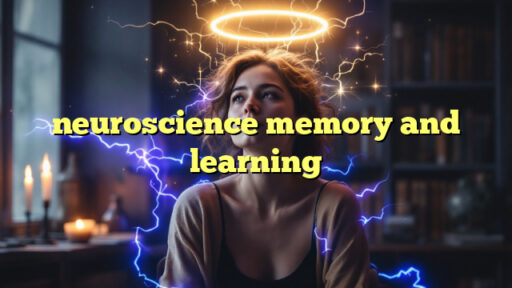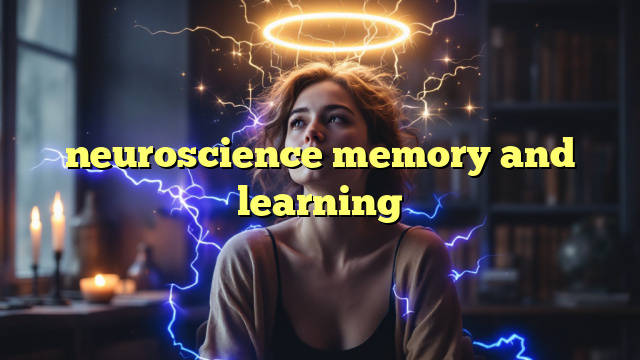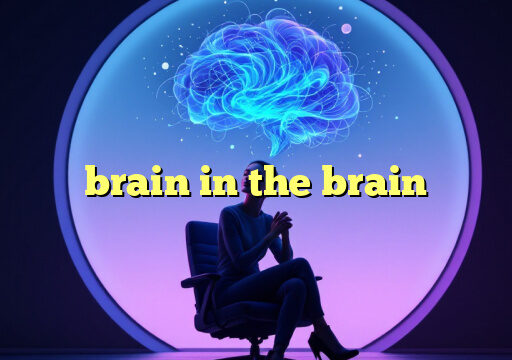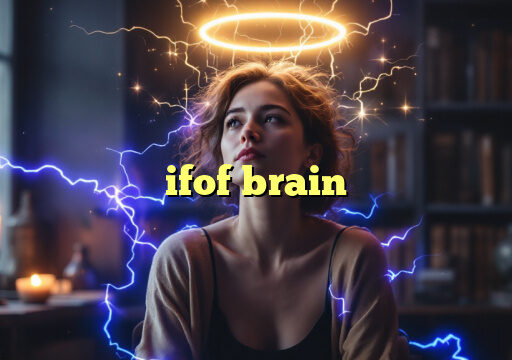Neuroscience is the study of the nervous system, including the brain, and how it influences behavior and cognitive functions such as memory and learning. Memory and learning are essential components of human cognition and are integral to our everyday lives. Understanding the neural mechanisms behind memory and learning can provide valuable insights into how we acquire, store, and retrieve information.
Memory
Memory is the process of encoding, storing, and retrieving information. It involves the brain's ability to create, retain, and recall experiences, knowledge, and skills. There are several types of memory, including short-term memory, long-term memory, and working memory. Each type of memory involves different neural pathways and mechanisms in the brain.
Learning
Learning is the process of acquiring new knowledge or skills through experience, instruction, or practice. It involves changes in the brain's neural circuits that allow for the formation of new memories and the integration of new information into existing knowledge. Learning can occur through various mechanisms, such as conditioning, repetition, and association.
Neural Mechanisms of Memory and Learning
The brain regions involved in memory and learning include the hippocampus, amygdala, and prefrontal cortex. The hippocampus plays a crucial role in the formation of new memories and spatial navigation. The amygdala is involved in emotional memory and the processing of fear and pleasure. The prefrontal cortex is responsible for decision-making, planning, and working memory.
Neurotransmitters such as dopamine, serotonin, and acetylcholine also play a significant role in memory and learning. These chemicals act as messengers between neurons and facilitate the communication necessary for creating and storing memories. Disruptions in neurotransmitter function can lead to memory and learning deficits.
Conclusion
Overall, neuroscience research has provided valuable insights into the neural mechanisms of memory and learning. By understanding how the brain processes and stores information, we can develop effective strategies for enhancing memory and learning capabilities. Continued research in this field will further our understanding of the complex interactions between the brain and behavior, leading to new discoveries in cognitive science and education.
FAQs
What role does the hippocampus play in memory?
The hippocampus is crucial for the formation of new memories and spatial navigation. It helps encode and store information about past experiences and events.
How do neurotransmitters affect memory and learning?
Neurotransmitters such as dopamine, serotonin, and acetylcholine play a significant role in facilitating communication between neurons and encoding memories. Disruptions in neurotransmitter function can lead to memory and learning deficits.
What can be done to enhance memory and learning?
Strategies such as practice, repetition, and association can help improve memory and learning capabilities. Engaging in activities that stimulate the brain, such as puzzles and games, can also aid in memory retention and cognitive function.
Unlock Your Mental Potential




